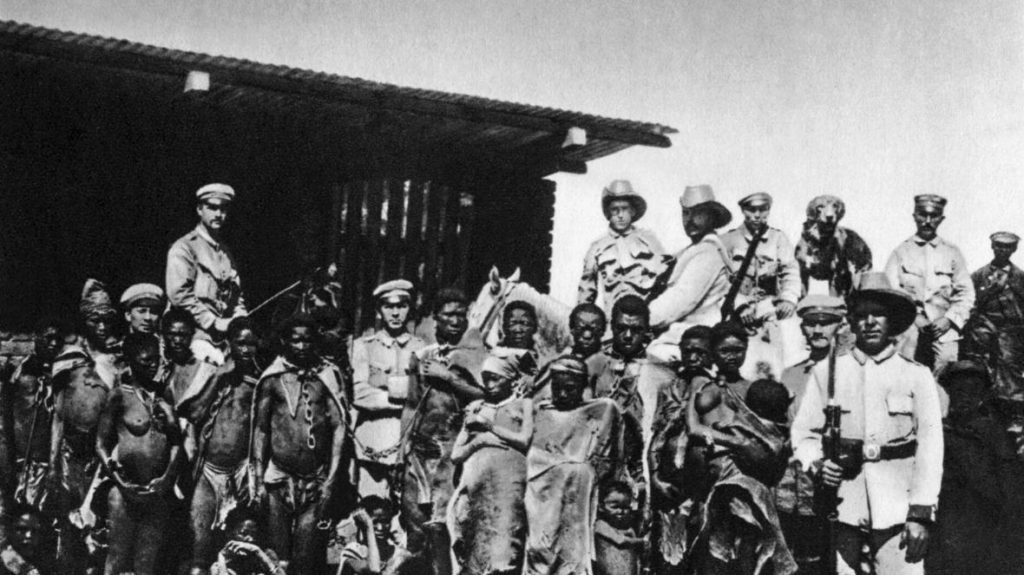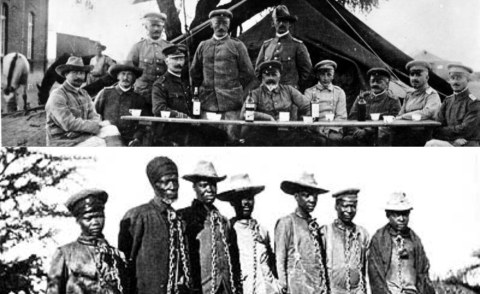Germany formally recognised the crimes committed by its colonial troops against the Hereo and Nama people in Namibia at the beginning of the 20th century as Genocide.
Germany’s Foreign Minister Heiko Mass said Germany had caused “immeasurable suffering” to the Herero and Nama people, in what is now called Namibia.
Germany was a colonial power in what was then called German South West Africa from 1884-1915 and during that tie its military forced brutally put down several rebellions ending up killing tens of thousands of people.

German General Lothar von Trotha, who was sent to quell a Herero uprising in 1904, was particularly known for his extreme ruthlessness.
Historians generally accept that up to 65,000 of roughly 80,000 Herero people living in the area at the time, and at least 10,000 of the roughly 20,000 Nama people, were killed.
Funding for the Herero and Nama people of Namibia
Heiko Maas said in a statement that as a “gesture of recognition of the immeasurable suffering” Germany caused, it would set up a fund amounting to €1.1 billion (US $ 1.34 billion).
Affected communities would play a key role in deciding what the funds were used for, the Foreign Ministry said in a statement, while legal claims for compensation would not be deducted from it.
The negotiations that had lasted more than half a decade were hosted to find a common path to genuine reconciliation in memory of the victims.

This includes naming the events of the German colonial period in what is now Namibia and in particular the atrocities in the period from 1904 to 1908 “without sparing or glossing over.”
“We will now, also in an official capacity, call these events what they were from today’s perspective — a genocide,” Maas said.
The Foreign minister admitted that represennatives of the Herero and Nama communities were closely involved in negotiation with Namibia lasting more than 5 years.
Germany has began talks with the Namibian government in 2015 on what was termed a ‘future-oriented reappraisal of German colonial rule.’
The former development minister Heidemarie Wieczorek-Zeul had already offered the first apology for the killings on a trip to Namibia in 2004. She said the country’s actions would be seen as genocidal in today’s terms.
The declaration is expected to be signed by Maas in the Namibian capital, Windhoek in early June and then both parliaments ratify the declaration.

President Frank-Walter Steinmeier is then expected to officially apologise for Germany’s crimes in front of the Namibian Parliament.
What say the Namibian people
Some representatives of the people have said that it is a PR stunt by Germany and an effort to defraud he Namibian government.
Just recently the French government has done the same in Rwanda as they took responsibility for the Genocide in 1994, but the effortless also looked very similar, President Macron admits to French responsibility in the Rwandan Genocide.
Source: DW
